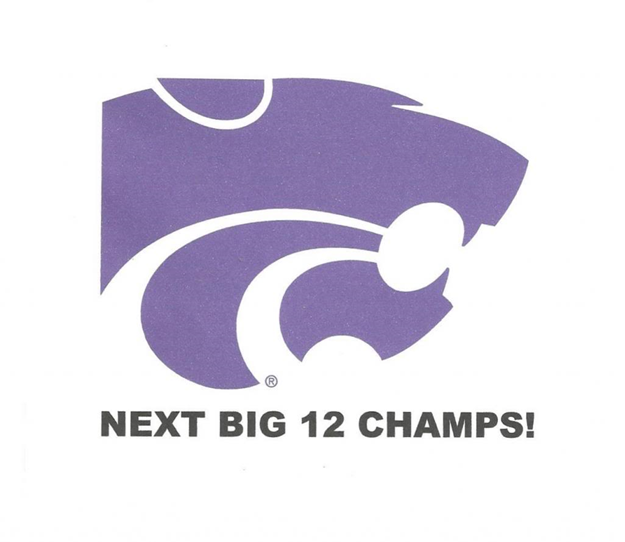“Aren’t you asking for your cake and eating it too?”
If the Freeh report had been issued under any other name, would it have provided a greater degree of privilege for the underlying documents?
According to at least one state Superior Court judge, it might have.
During oral arguments Tuesday in
Paterno v. NCAA, which focused on the discoverability of numerous documents the legal and investigative firms headed by Louis Freeh created when looking into Penn State University’s reaction to reports of sex abuse, Judge Jack Panella said several times that if the Freeh report had been issued under the Penn State banner, all of the investigative documents would have clearly been privileged.
“Why isn’t it the Penn State University trustees saying this is our report by our counsel,” Panella asked Reed Smith attorney Donna M. Doblick, who represented Penn State. “Aren’t you asking for your cake and eating it too?”
The plaintiffs’ defamation claims stem from the findings outlined in the Freeh report, which was issued publicly in 2012 following the investigation of Freeh, Sporkin & Sullivan and Freeh Group International Solutions into how Penn State handled reports of sex abuse at the hands of serial child molester Jerry Sandusky. The report was highly critical of the university and numerous school officials, including Joe Paterno, who's family members make up many of the plaintiffs in the suit.
Penn State and Pepper Hamilton, which had absorbed the Freeh firms, have fought the disclosure of numerous documents, including witness interviews, communications and analyses from the Freeh firms, contending that the documents are privileged because Freeh Sporkin had been providing legal services to the university.
However, the plaintiffs have contended that the Freeh firms had been contracted under unique circumstances and had acted completely independent of the university during the investigation, and therefore no privilege could have attached.
The panel of three Superior court judges focused much of their questioning on the precise relationship between the Freeh firms and Penn State, specifically asking about Freeh's independence in conducting the investigation and whether the services provided were outside the scope of an attorney.
“Freeh was to act with complete independence from PSU, so how can you create a privilege?,” Senior Judge Patricia Jenkins asked Doblick.
According to Doblick, the firms were providing a broad range of legal analysis and investigation, so the fact that the group was acting independent of the school did not negate the fact that the communications should be protected under attorney-client privilege.
“The Freeh report was scathing at many levels," Doblick said. “The fact that it was independent… doesn’t vitiate the communications.”
Read more:
http://www.thelegalintelligencer.co...at-Center-of-Privilege-Argument#ixzz3z3CiCOiC
http://www.thelegalintelligencer.co...rgument?slreturn=20160102164505#ixzz3z2ywDY00












